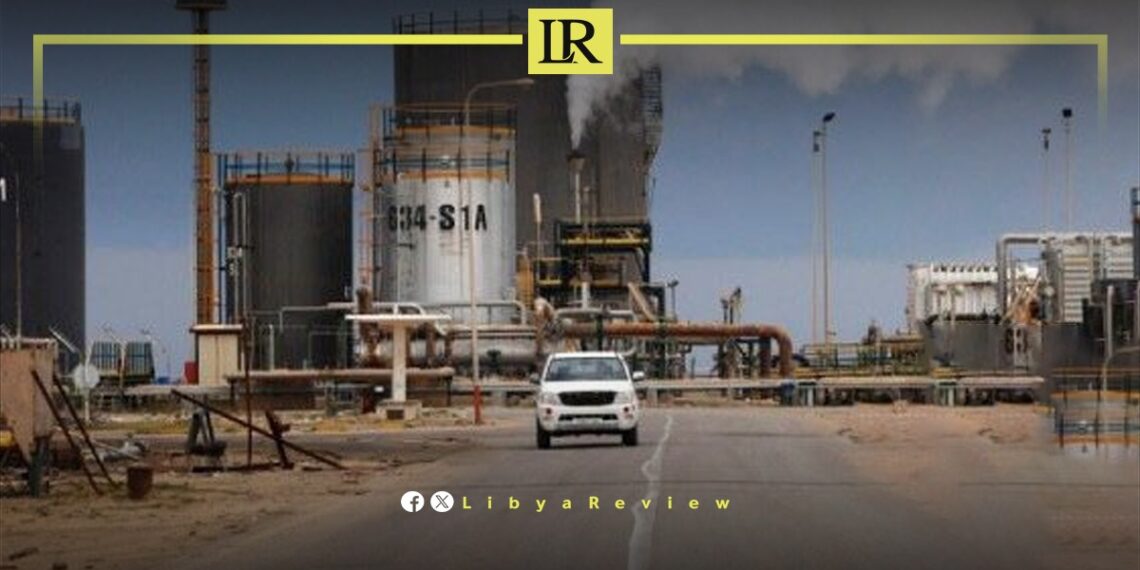Tensions in Libya’s oil sector have escalated dramatically as the Western Petroleum Facilities Guard (PFG) issued a stern warning to the Government of National Unity (GNU) led by Abdul Hamid Dbaiba.
In their statement, the Petroleum Guards threatened to close down three crucial oil facilities—the Zawiya Refinery, Mellitah Complex, and Misrata Oil Depot—unless their demands for improved wages and payment of overdue salaries are met within a five-day deadline. This marks the third such threat in just a week, highlighting a deepening divide between the oil guards and the government.
They have set a decisive five-day ultimatum for the government to respond. The move by the Oil Facilities Guard is portrayed as a final attempt, driven by the government’s perceived failure to fulfill its commitments and a lack of meaningful dialogue.
The background to this ultimatum includes previous warnings from guards at the Mellitah Complex last Wednesday, threatening to halt gas flow and shut down oil facilities across Libya. Similarly, guards in Misrata have expressed readiness to close the oil complex there if their grievances remain unaddressed.
This standoff not only jeopardizes Libya’s crucial oil output—a lifeline for the national economy and a significant player in global energy markets—but also underscores the GNU Government’s struggle to navigate a landscape marked by factional demands and political volatility.
The unfolding situation at these oil facilities mirrors the broader challenge of achieving stability and consensus in post-conflict Libya, where economic imperatives often intersect with complex political negotiations.
Since the fall of Muammar Gaddafi in 2011, Libya’s oil sector has been at the center of conflict and political bargaining, with control over oil resources frequently sparking power struggles among different factions and regions. The current crisis with the Western Oil Facilities Guard epitomizes the wider instability gripping the country, where economic lifelines like oil are often exploited for political and financial gain.


